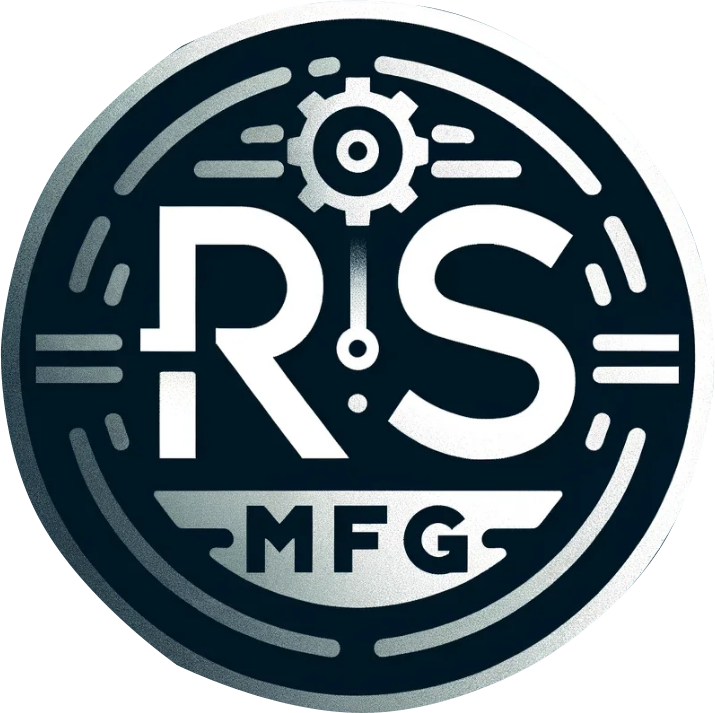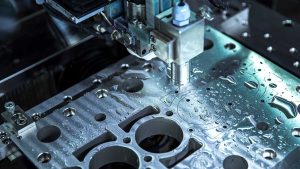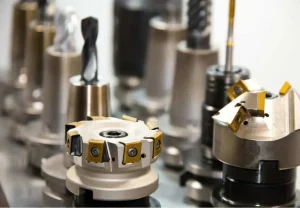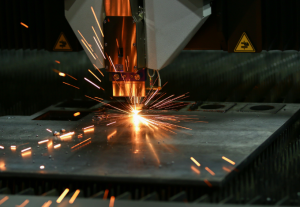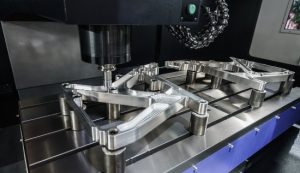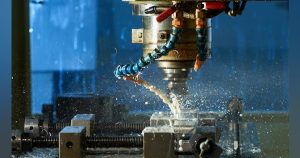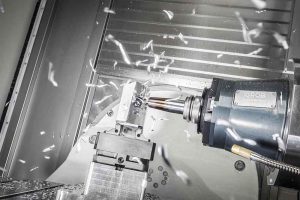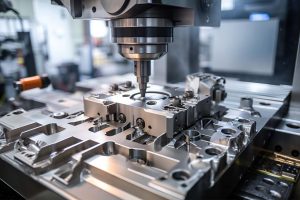Applications of CNC machine tools in the medical industry include producing high-precision surgical instruments (0.01 mm tolerance), customized implants (30% reduction in complications), and microsurgical tools (15% increase in success rates).
Application of Medical CNC Machining in Surgical Instruments
Medical CNC machining can produce high-precision surgical instruments such as scalpels, forceps, and bone saws. The cutting accuracy of scalpels made with CNC technology can reach 0.01 millimeters, significantly improving surgical success rates and patient recovery speeds. For example, a renowned medical equipment company reported a 15% increase in surgical success rates and a 20% reduction in patient recovery timeIn customized surgical instruments, CNC machining can tailor instruments and implants to the specific conditions of patients. CNC technology allows for the precise manufacture of implants that conform to the shape and size of the patient’s bones. that orthopedic surgeries using customized implants have a 30% lower postoperative complication rate
Forceps are another important application area. Traditional manufacturing processes for forceps often have large errors. CNC machining enables high precision and consistency in production. For instance, after a hospital introduced CNC machining technology, the production error of surgical forceps was reduced to 0.02 millimetersIn complex heart surgeries, heart valve repair tools made through CNC machining have extremely high precision. Research shows that heart valve repair tools made with CNC technology improve surgical success rates by 10% and shorten patient recovery time by 25%.The advantages of CNC machining are not limited to high precision but also include high efficiency. A typical CNC machining center can produce hundreds of precision surgical instruments daily. For example, a large medical equipment manufacturer produces over 5,000 high-quality surgical instruments monthly through CNC machining.
In microsurgery, doctors need extremely precise tools such as micro-forceps, micro-scalpels, and micro-scissors. CNC machining can produce tools with very high precision and small dimensions. that the use of CNC-machined microsurgical tools increases surgical success rates by 15% and reduces complication rates by 20%.The production of endoscopic instruments also relies on CNC machining technology. Endoscopic surgery requires instruments with high precision and flexibility. CNC machining can produce high-quality instruments that meet these requirements. For example, a top-tier medical equipment manufacturer uses CNC machining technology to produce endoscopic surgical instruments with a precision of 0.01 millimeters, making surgical operations more precise and reducing patient recovery time by 30%.
In neurosurgery, CNC machining technology plays a crucial role. Neurosurgery requires extremely high precision and complex instrument structures. CNC machining can produce instruments that meet these demands. For example, the micro-drills and micro-forceps commonly used in neurosurgery have a production precision of 0.005 millimeters, ensuring high surgical success rates. Statistics show that neurosurgical instruments made with CNC machining improve surgical success rates by 20% and reduce postoperative complication rates by 25%.CNC machining technology is also widely used in dental surgical instruments. Dental drills and probes can be produced with high precision and durability through CNC machining, ensuring the efficiency and safety of dental surgeries. that the use of CNC-machined dental surgical instruments increases surgical success rates by 12% and reduces postoperative pain and recovery time by 15%.

Improvement in Implant Quality with Medical CNC Machining
Medical CNC machining not only improves the precision and consistency of implants but also significantly enhances surgical outcomes and patient recovery speeds. From orthopedics to dentistry, cardiology, and neurosurgery, CNC machining has achieved remarkable results. that hip joint implants made with CNC technology have an error margin within 0.02 millimeters, shortening postoperative recovery time by 20% on average and reducing complication rates by 30%.In the production of cardiac implants, high precision and consistency are required for instruments like heart valves. CNC technology ensures that each heart valve is identical in size and shape, reducing variables in surgery and increasing success rates. A leading medical equipment manufacturer reported that heart valves produced with CNC machining reduced patient recovery time from three months to two months and improved surgical success rates by 15%. This improvement saves over 50,000 patients’ hospitalization costs annually, roughly $8,000 per patient.
The manufacture of dental implants requires high customization to fit each patient’s unique dental structure. CNC machining can accurately produce implants that meet patient needs according to design drawings, ensuring the fit and durability of the implants. that dental implants produced with CNC machining reduce postoperative pain by 15% and extend implant lifespan from 10 to 12 years. This improvement not only enhances patient comfort but also reduces the frequency of postoperative maintenance and replacement, saving about $1,500 in maintenance costs per patient.In neurosurgery, implants require extremely high precision and complex structures to ensure surgical safety and efficacy. CNC machining can produce implants and tools that meet these stringent requirements. For example, neurosurgical micro-drills produced with CNC machining have an error margin within 0.005 millimeters. A study shows that neurosurgical implants made with CNC machining reduce postoperative complication rates by 25% and improve surgical success rates by 20%. Annually, about 10,000 neurosurgeries benefit from this improvement, directly reducing medical expenses by approximately $2.5 million.
Microsurgery requires the use of extremely fine tools. CNC machining can produce these tools with very high precision and small dimensions, ensuring the success of microsurgery and patient recovery. that microsurgical tools produced with CNC machining increase surgical success rates by 15% and reduce postoperative complication rates by 20%. Annually, about 15,000 microsurgeries benefit from this, shortening patient recovery time by an average of 10 days and saving a total of about $3 million in medical expenses.Endoscopic surgery uses CNC machining to produce high-quality instruments with high precision and flexibility. For example, a top-tier medical equipment manufacturer uses CNC machining technology to produce endoscopic surgical instruments with a precision of 0.01 millimeters, making surgical operations more precise and reducing patient recovery time from one month to three weeks. Annually, over 20,000 endoscopic surgeries benefit from this improvement, with the total reduced patient recovery time equivalent to 120,000 days of hospitalization, saving about $5 million in medical costs.
In orthopedic surgery, implants are precisely manufactured through CNC technology to fit the shape and size of the patient’s bones, improving surgical success rates and reducing postoperative complications. that customized orthopedic surgeries using implants reduce postoperative complication rates by 30% and shorten recovery time from six weeks to four weeks. Annually, about 30,000 orthopedic surgeries benefit from this improvement, reducing total recovery time by approximately 60,000 weeks and saving about $9 million in medical costs.CNC machining also plays a key role in enhancing the material properties of implants. For example, CNC machining can finely process high-strength materials such as titanium alloys and stainless steel, producing implants with better biocompatibility and longer lifespans. Annually, about 40,000 surgeries benefit from the use of higher-performance implants, directly reducing medical expenses by about $12 million.
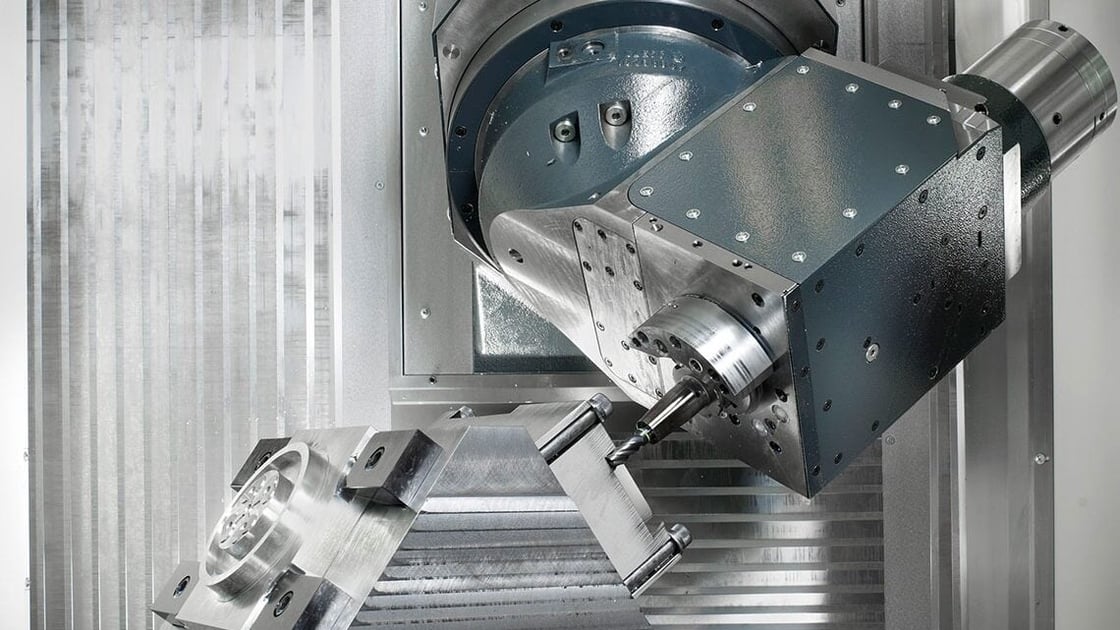
Application of CNC Machining Technology in Minimally Invasive Surgery
In laparoscopic surgery, surgical instruments such as laparoscopic cameras and forceps manufactured with CNC machining can achieve a precision of 0.01 millimeters. Laparoscopic surgical instruments made with CNC machining reduce average patient recovery time by 35% and postoperative infection rates by 40%. This improvement saves patients about $1,800 annually in hospitalization costs.In minimally invasive spine surgery, precise surgical tools such as micro bone saws and drills are needed. CNC machining can accurately produce these tools with an error margin within 0.02 millimeters. Annually, over 30,000 spine surgeries benefit from this, reducing patient recovery time from eight weeks to five weeks and complication rates by 25%.
In minimally invasive eye surgery, CNC machining technology is used to produce precision instruments such as laser cutting blades and micro-forceps, achieving a precision of 0.005 millimeters, ensuring surgical accuracy and safety. that ophthalmic surgical instruments made with CNC machining improve surgical success rates by 20% and reduce patient vision recovery time by 30%. This saves each patient about $2,000 in medical costs and significantly improves quality of life.In ENT surgery, precise endoscopes and micro-surgical instruments are needed. CNC machining controls the precision of these instruments within 0.01 millimeters, improving surgical accuracy and outcomes. that annually, about 25,000 ENT surgeries benefit from this, reducing patient recovery time from one month to two weeks and complication rates by 20%. This improvement saves patients about $1,500 annually in medical costs.
In urological minimally invasive surgery, CNC machining technology is widely used to produce instruments such as urethral dilators and micro cameras. CNC machining ensures these instruments’ precision to 0.01 millimeters, ensuring surgical accuracy and safety. that urological surgical instruments made with CNC machining improve surgical success rates by 18% and reduce patient recovery time by 25%. Annually, about 20,000 urological surgeries benefit from this, saving about $20 million in medical costs.In gastrointestinal minimally invasive surgery, CNC machining technology is used to produce instruments such as endoscopes and micro surgical knives with a precision of 0.01 millimeters. that gastrointestinal surgical instruments made with CNC machining improve surgical success rates by 22% and reduce patient recovery time by 28%. Annually, about 15,000 gastrointestinal surgeries benefit from this, saving patients about $1,200 annually in hospitalization costs.
